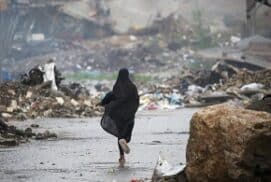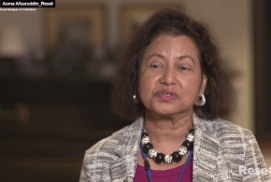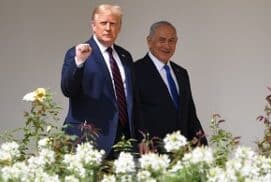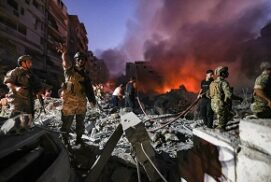Claudia De Martino 24 January 2025
On January 19, just before President Trump’s inauguration, a ceasefire between Israel and Hamas came into effect. While the agreement will not end the 15-month war on Gaza, it marks a significant breakthrough on one of the war’s key objectives outlined by the Israeli government: the release of the remaining hostages. This objective is also the one that enjoys the strongest public support with 57.5 percent of Israelis in favor. After months of negotiations in Qatar, the deal aims to secure the return of all hostages in three stages.









